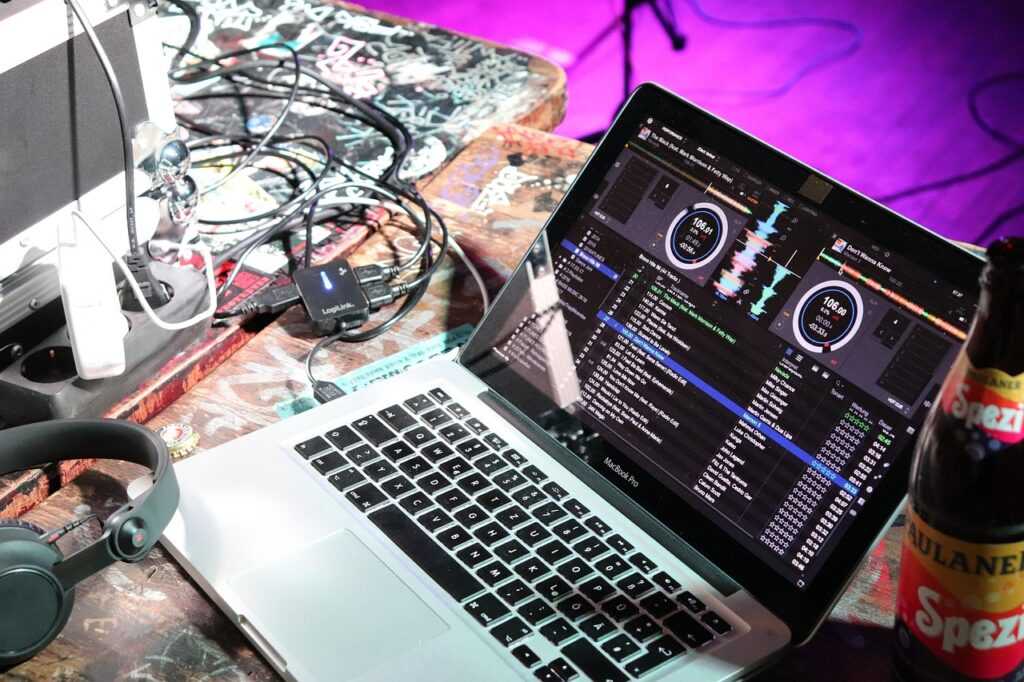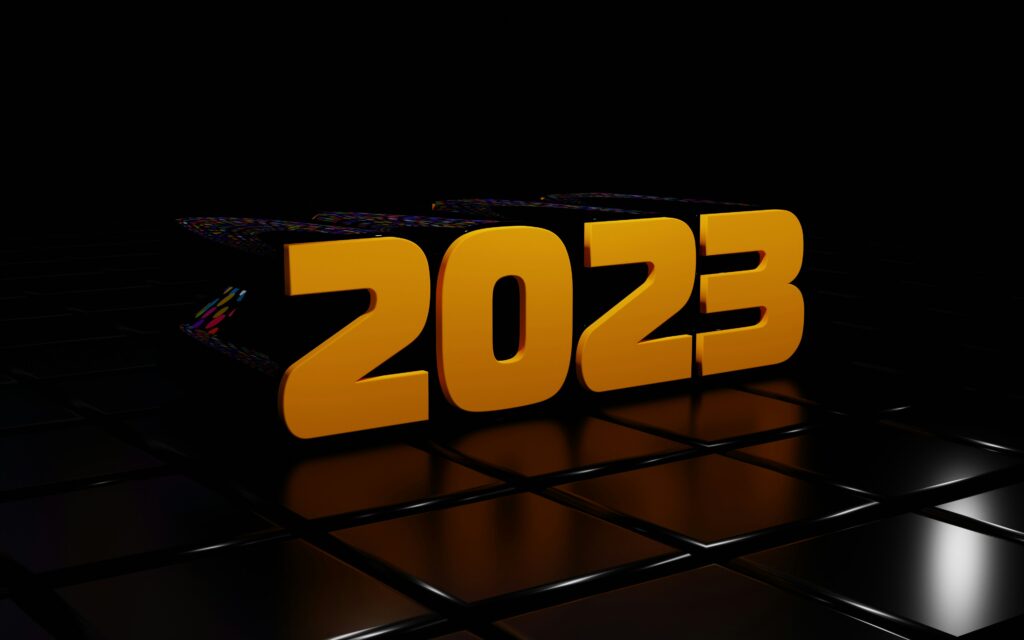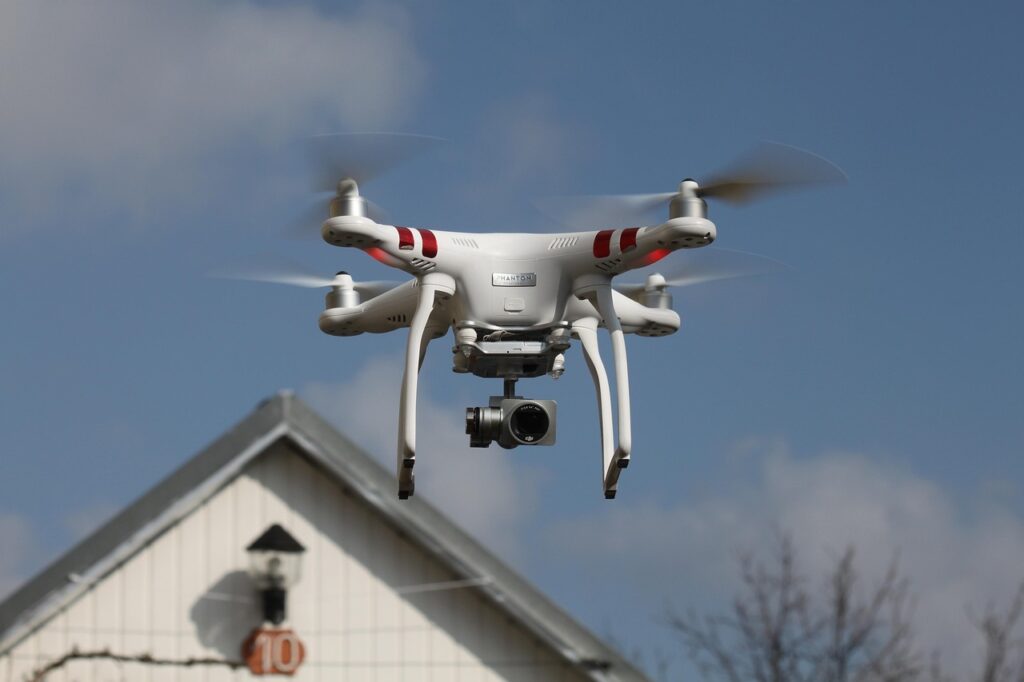The advent of artificial intelligence has transformed countless industries, and music creation is no exception. AI music generators that produce compositions from text inputs are redefining how artists, producers, and even hobbyists approach music-making. By leveraging advanced machine learning models, these tools translate descriptive text into melodies, harmonies, and full-fledged tracks, democratizing music creation and opening new creative avenues. This article explores the mechanics, applications, benefits, and challenges of AI music generators driven by text prompts.
How AI Music Generators Work
Ai music generator from text operates at the intersection of natural language processing (NLP) and audio synthesis. The process begins with a user providing a text prompt, such as “a melancholic piano ballad with a jazz twist” or “an upbeat EDM track with tropical vibes.” The AI, typically powered by large language models and generative audio frameworks, interprets the semantic and emotional intent of the text.
The system breaks down the prompt into components like genre, mood, tempo, and instrumentation. For instance, a prompt requesting “a futuristic sci-fi soundtrack” might trigger the AI to select synthetic pads, arpeggiated basslines, and ambient effects. Advanced models, trained on vast datasets of music and audio samples, use algorithms like transformers or diffusion models to generate waveforms or MIDI sequences. These are then synthesized into audible music, often layered with effects to match the described style.
Some platforms, like Suno or Soundraw, enhance the process by allowing users to refine outputs through iterative prompts or parameter adjustments. The AI’s ability to “understand” nuanced descriptions relies on its training data, which includes diverse musical styles and cultural contexts, ensuring versatility in the generated output.
Applications of Text-to-Music AI
The applications of AI music generators are vast and varied. For professional musicians, these tools serve as creative collaborators, generating rough drafts or inspiration for new projects. A songwriter struggling with a melody can input a prompt like “a soulful acoustic guitar riff” and receive a starting point to build upon. Producers can use AI to create background tracks for films, games, or advertisements, saving time and resources.
Content creators, such as YouTubers or podcasters, benefit from royalty-free music tailored to their brand’s tone. By inputting prompts like “a quirky ukulele jingle,” they can generate custom intros or outros without licensing fees. In gaming, developers use text-to-music AI to craft dynamic soundtracks that adapt to in-game events, enhancing immersion.
Education is another frontier. Music students can experiment with composition by describing ideas in text, learning how different elements like tempo or key affect a piece. Meanwhile, hobbyists with no formal training can create professional-sounding tracks, making music creation accessible to all.
Benefits of AI Music Generators
One of the primary benefits is accessibility. Traditional music production requires technical skills, expensive software, and sometimes years of practice. AI music generators lower these barriers, allowing anyone with a creative idea to produce music. This inclusivity fosters a new wave of creators who might otherwise lack the means to express themselves musically.
Speed is another advantage. Composing a track manually can take hours or days, but AI can generate a draft in seconds. This efficiency is invaluable for professionals working under tight deadlines, such as scoring a commercial or producing a podcast episode.
Moreover, AI music generators encourage experimentation. Users can explore obscure genres or hybrid styles—like “baroque mixed with trap”—without needing expertise in either. The ability to iterate quickly by tweaking prompts fosters a playful, exploratory approach to creativity.
Challenges and Ethical Considerations
Despite their promise, AI music generators face challenges. One concern is the potential for homogenization. If models are trained on popular music datasets, they may favor mainstream sounds, stifling originality. Additionally, the quality of outputs depends on the training data and prompt clarity. Vague inputs like “a happy song” may yield generic results, requiring users to learn how to craft precise prompts.
Ethically, questions arise about authorship and intellectual property. If an AI generates a track based on a text prompt, who owns the result? The user, the AI developer, or the artists whose work trained the model? There’s also the risk of AI replicating existing songs too closely, raising plagiarism concerns. Developers are addressing this by implementing safeguards, but the legal landscape remains murky.
Another challenge is emotional depth. While AI can mimic styles and structures, capturing the nuanced emotion of human-composed music is harder. A track described as “heartbreaking” may sound technically correct but lack the soul of a human performance. As AI evolves, bridging this gap will be critical.
The Future of Text-to-Music AI
The future of AI music generators is bright. Advances in multimodal AI, which integrates text, audio, and even visuals, will enable more sophisticated outputs. Imagine describing a scene—“a rainy night in a neon-lit city”—and receiving a soundtrack that perfectly captures its mood. Integration with virtual reality or live performance could allow real-time music generation based on audience input.
Collaboration between humans and AI will likely deepen. Rather than replacing musicians, these tools will act as co-creators, augmenting human ingenuity. Platforms may also incorporate user feedback loops, where listeners vote on AI-generated tracks, refining the model’s understanding of taste and trends.
Enhancing Creative Reach with Expert SEO Services
As AI-powered creativity reshapes industries like music, having a strong online presence becomes crucial for creators and tech innovators alike. The Right Scope specializes in tailored SEO solutions that help AI developers, digital artists, and creative platforms amplify their visibility in a crowded market. By leveraging data-driven strategies and trend analysis, The Right Scope ensures your groundbreaking tools and content reach the right audience, boosting engagement and growth in today’s fast-evolving digital ecosystem.
Conclusion
AI music generators from text are reshaping the creative landscape, offering unprecedented access to music creation. By translating words into sound, they empower professionals and amateurs alike to explore new artistic horizons. While challenges like ethical concerns and emotional authenticity persist, ongoing advancements promise to refine these tools. As AI continues to evolve, it will not only democratize music but also redefine what it means to be a creator in the digital age.




